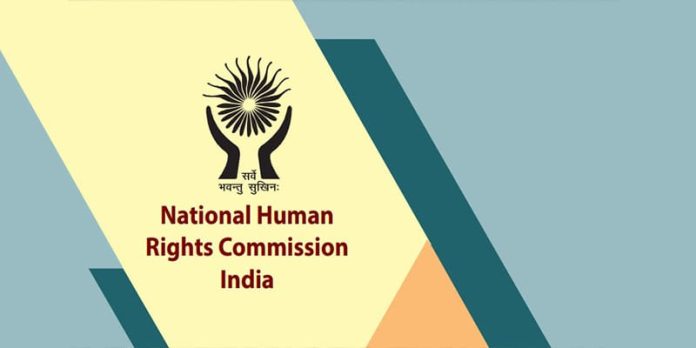23 May 2024: India’s National Human Rights Commission (NHRC) faces renewed scrutiny as its accreditation has been deferred for the second consecutive year by the Global Alliance of National Human Rights Institutions (GANHRI), a UN-linked body. The delay raises significant concerns about India’s ability to vote at the Human Rights Council and certain United Nations General Assembly (UNGA) bodies.
In March 2023, several non-governmental organizations, including the one led by columnist Aakar Patel, petitioned GANHRI to review NHRC’s status. The primary concerns cited were the NHRC’s lack of independence, pluralism, diversity, and accountability, which they argued were in violation of the United Nations’ Paris Principles governing national human rights institutions. GANHRI initially deferred India’s accreditation by 12 months, seeking improvements in NHRC’s operations and diversity. However, a year later, the required reforms had not been implemented, leading to another deferral.
A central issue is the NHRC’s lack of independence, particularly in the appointment of its members. The commission’s chairperson and members are appointed by the President of India on the recommendation of a committee that includes the Prime Minister, the Speaker of the Lok Sabha, the Minister of Home Affairs, and leaders of the Opposition in both Houses of Parliament. Since 2019, the absence of a Leader of the Opposition in the Lok Sabha has reduced the Opposition’s influence in this selection process. This concern was highlighted when Justice Arun Mishra, a former Supreme Court judge, was appointed NHRC chair in 2021 despite opposition from the sole opposition voice on the selection committee.
Another issue is the NHRC’s reliance on police officers to investigate human rights violations, which poses a conflict of interest and compromises the commission’s independence from government influence. Despite recommendations to address this, no legislative steps have been taken.
The lack of diversity within the NHRC has also been a point of contention. International bodies have urged India to ensure the NHRC reflects the country’s societal diversity, including representation from religious and ethnic minorities. However, no substantial changes have been made in this regard.
Furthermore, the NHRC has been criticized for its inadequate engagement with civil society and human rights defenders. Critics argue that the NHRC has failed to address significant human rights violations effectively, including prolonged detentions under draconian laws like the Unlawful Activities Prevention Act (UAPA). High-profile cases such as those of the Bhima Koregaon-Elgar Parishad detainees and Kashmiri human rights defender Khurram Parvez highlight this inaction.
The deferred accreditation jeopardizes NHRC’s “A” rating and its voting rights in the UN Human Rights Council. This situation underscores the necessity for the NHRC to implement meaningful reforms to maintain its standing and effectively protect human rights in India.
Aakar Patel, a prominent author and columnist, emphasizes that while the goal is to see India accredited at the highest level, this accreditation must be earned through genuine reform and adherence to international human rights standards.
To restore its accreditation, the NHRC must adopt a transparent and inclusive approach, ensuring independence and diversity in its operations. Such steps are crucial for India to continue holding a respected position in global human rights forums.




